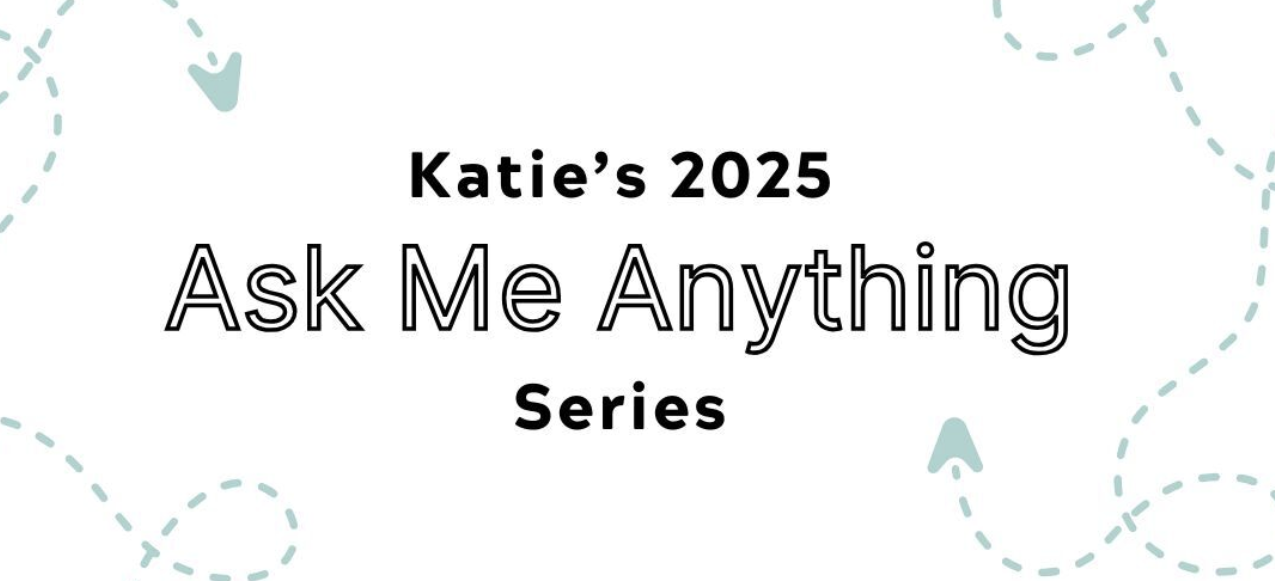In the next month or so, I’ve got deadlines for several large projects.
An edited collection is being finalized. My book revisions are due. A database project is launching. A manuscript for the book series I edit needs some attention before being turned in. I’m releasing a new online product.
The list goes on.
In the midst of these deadlines, I have a couple of work trips and a couple family events. I’m also trying to keep on top of things like podcast episode releases and general work responsibilities.
I’m not going to lie, things are getting a little hairy around here.
There are dishes in the sink, laundry is piling up, and I’ve been eating more take-out than usual. I’m also working significantly longer hours to fit it all in.
Today, I was thinking about how my busy schedule is a good reminder of the importance of respecting the finish line, especially with large and longer-term projects.
The end stages of large projects is often when the fear can kick in, when procrastination rears its head, and when stress causes illness. It can also be hard to let a project go once I’ve been working on it for so long. I want to make it the best it can be, which can lead to a hesitancy to ship it out the door.
All of this means that the end stages of a project can require larger amounts of time.
Here are some strategies I’ve been using to hold space at the end stages of large projects so that I can really focus on the details and see things through to the very end:
Setting deadlines. Working backward from deadlines ensures that I can have a realistic plan for all the steps that will go into completing a large project. Deadlines also help me, for the most part, plan out projects so they aren’t all needing to be completed at the same time.
Scheduling in buffers. Admittedly, this is something I’m still working on, but I try to build in margins for my large projects — especially when they have collaborators — so that have wiggle room at the end.
Planning ahead for being a little tired. Over time, I’ve learned that the more I plan ahead. the better. In my most tired moments, the best thing I can do is to follow a road-map that my earlier, more energetic self created. I also make sure that I’m consistently going to bed at a decent time so that I’m giving my brain the rest it needs.
Being flexible. If I’m not happy with the final result as a deadline approaches, I usually extend it so that I can make sure my work is getting the time it deserves. I always want to make sure I can take pride in the projects that I’m launching.
Not phoning it in. As tempting as it might be for me to cut corners toward the end of a project just to get it out the door, I resist this urge as much as possible. Setting a clear standard of quality from the beginning of a project also helps with this.
Creating accountability. My standards for myself are high, but I also try to build in accountability structures to help me. For example, since I traditionally publish my books, my editor holds me accountable to turning in a quality product.
Getting methodical. By creating lists, systems, and breaking down larger projects into smaller pieces, I can take the end stages of a project one step at a time. Focusing on each step helps me to make sure I’m not spreading my energy and focus too thin.
Asking for help. I’ve gotten better about this one over time and it’s now a lot easier for me to delegate tasks when I need to, outsource pieces of projects, or make special requests of my partner when I’m wrapping up a large project.
Carving out blocks of time. Having hours to spend on finalizing a project is the most luxurious thing I can think of. It’s an amazing feeling when you can truly devote extra time to a project that you are passionate about.
I’ll be working with all of these strategies in the weeks to come before I turn my attention to the rest period I’ll have earned.
To think on:
- How do you respect the finish line for your large projects?



